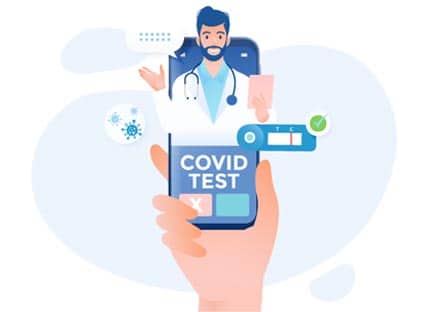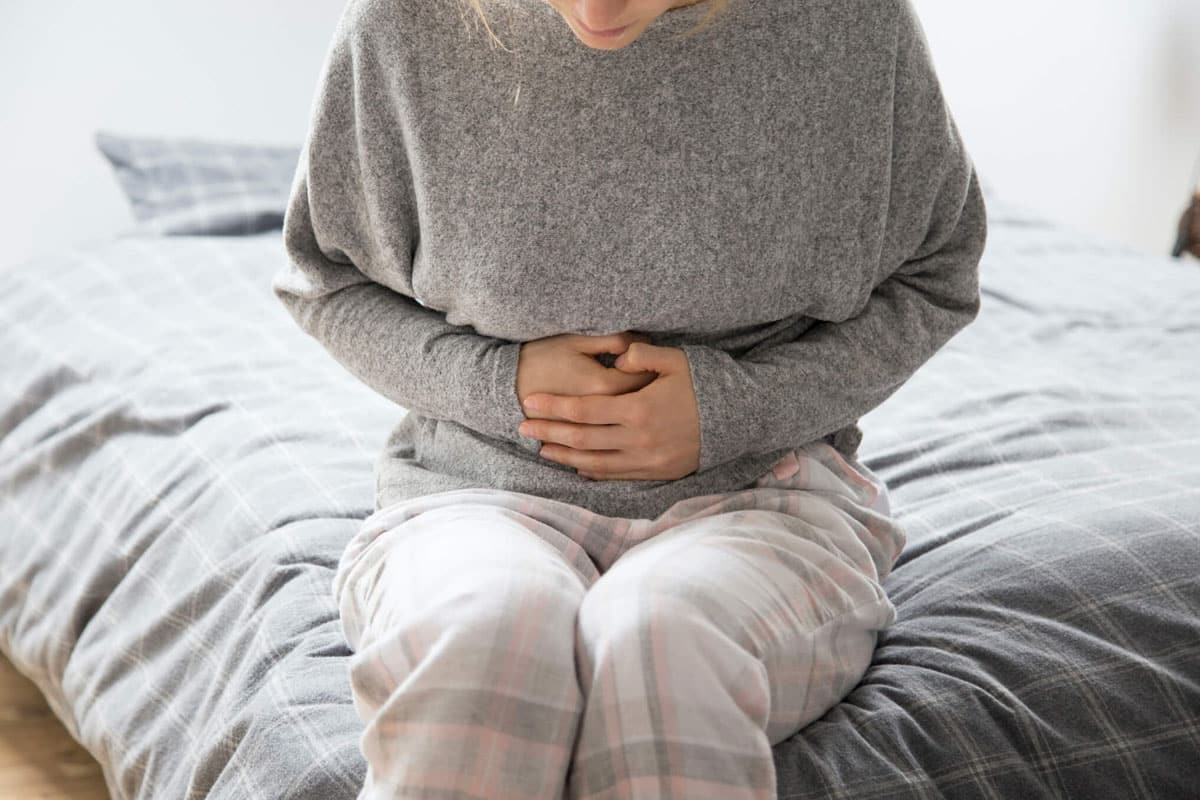Gastroesophageal reflux (GERD) is a common condition that affects many people worldwide. It is characterized by the backflow of stomach acid and gastric contents into the esophagus, causing symptoms such as heartburn, regurgitation, chest pain, and difficulty swallowing.
To better understand this condition, it is important to explain that the esophagus is the muscular tube that carries food from the mouth to the stomach. The lower esophageal sphincter (LES) is a muscular ring at the bottom of the esophagus that opens to allow food to pass into the stomach and closes to prevent stomach contents from flowing back into the esophagus. In people with GERD, this sphincter does not close properly, allowing stomach acid to reflux into the esophagus, causing irritation and unpleasant symptoms.
Gastroesophageal reflux (GERD) is a common condition in the United States that affects millions of people each year. It is estimated that more than 20% of adults in the United States experience GERD symptoms at least once a week.
How to Recognize Gastroesophageal Reflux Symptoms?
Although GERD symptoms may vary from person to person, the most common symptoms include:
– Heartburn
– Regurgitation of acidic foods or liquids into the throat
– Chest pain or burning sensation behind the sternum
– Difficulty swallowing
– Chronic cough
– Hoarseness or changes in voice
– Nausea after eating
If you experience any of these symptoms regularly, it is important to consult a healthcare professional for proper diagnosis and treatment.
Treatment Options for Gastroesophageal Reflux
Treatment for gastroesophageal reflux includes non-pharmacological and pharmacological options. In this article, you can learn more about this condition and the alternatives to treat it.
Non-pharmacological Treatment
A healthy lifestyle can be very important for managing gastroesophageal reflux. The following guidelines can help reduce bothersome symptoms:
- Avoid heavy meals.
- Maintain a healthy weight.
- Avoid spicy, fatty, fried, acidic foods, or caffeine.
- Elevate the head of the bed.
- Avoid lying down immediately after eating.
- Stop or reduce alcohol and tobacco consumption.
Pharmacological Treatment
There are several types of medications that can help reduce stomach acid production and alleviate gastroesophageal reflux symptoms. Learn about some of them below.
– Antacids: These medications can quickly relieve acidity and other mild GERD symptoms.
– Proton pump inhibitors (PPIs): They reduce stomach acid production and can help heal the esophagus damaged by reflux.
– H2 blockers: Reduce the amount of acid produced by the stomach and can be useful in controlling reflux symptoms.
– Surgery: In severe cases or when other treatments have been ineffective, surgery may be considered to strengthen the lower esophageal sphincter and prevent reflux.
You may also read: 4 Types of Abdominal Pain and How to Treat Them
Seek Help at Formé Medical Center
If you experience persistent symptoms of gastroesophageal reflux that affect your quality of life, it is important to seek medical help. At Formé Medical Center, we have specialists in gastroenterology who can help diagnose and treat gastroesophageal reflux effectively.
Do not let gastroesophageal reflux affect your well-being. Our doctors are committed to providing you with the best possible medical care in a warm and welcoming environment. To schedule an appointment, you can contact us at 9147234900 or schedule your appointment.







